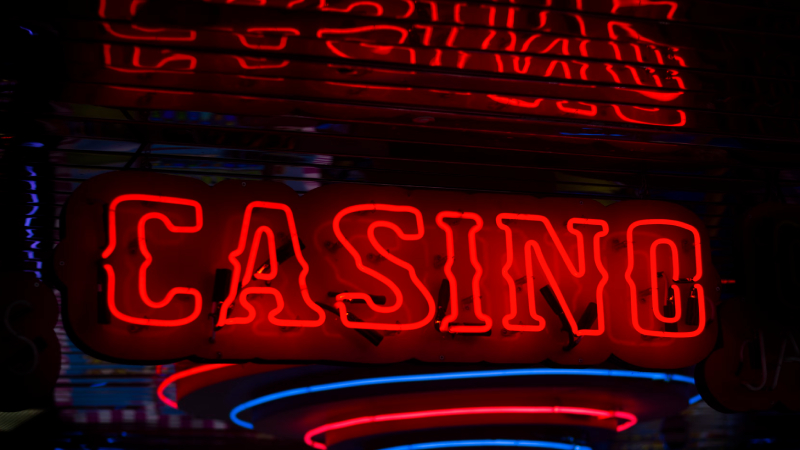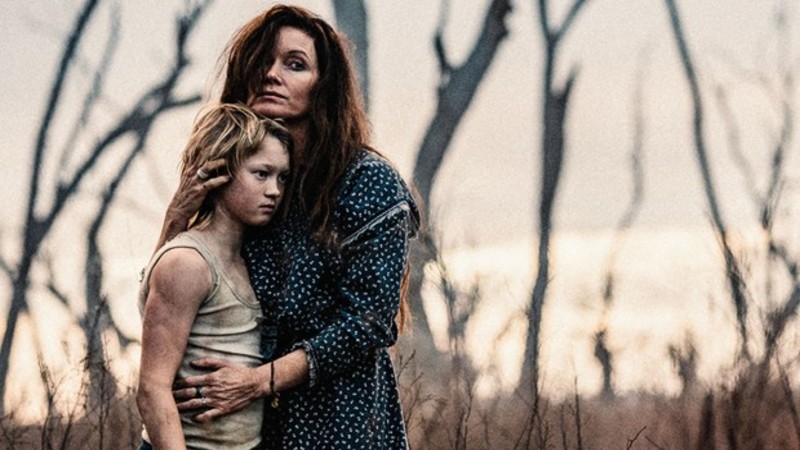The transition from being in front of the cameras to behind is not always an easy one. Trying to cover both roles, while acting and directing must be even more of a challenge. But Australia’s most popular and enduring export Russell Crowe has proved he can do it. He has followed up on the modest success of his directorial debut with a much harder challenge where he had to rewrite the entire screenplay and meet some incredibly tight deadlines.
…
.
A brief directorial history
The bearded and usually beaming face of Russell Crowe is one that we mostly associate with his high-profile starring roles over the past couple of decades. These include Gladiator (Ridley Scott, 2000), Prizefighter (Daniel Graham 2022) and A Beautiful Mind (Ron Howard, 2002)to name but three. Prior to that, he underwent the standard rite of passage for any Australian actor – a stint on Neighbours, where he briefly played ex-convict Kenny Larkin in 1987.
If acting in Neighbours is the natural Australian precursor to big screen fame, then a stint in the Director’s chair is the natural next step. It’s a path already trodden by Hollywood stars like Clint Eastwood, George Clooney, Rob Reiner and dozens of others. Crowe made his directorial debut in 2014 with The Water Diviner, a gem of a movie about a father who seeks the truth about what happened to his sons on the battlefields of Gallipoli. The movie was well received by those who noticed it and deserves more attention.
With its strong anti-war message, Crowe’s first movie in the Director’s chair was obviously of personal importance. The second was all about business and would test him in unexpected ways.
.
As Australian as a night at the casino
The Water Diviner obviously touched a lot of Australians personally. Gallipoli cost more than 26,000 Australian casualties at a time when the population stood at less than five million, so few families were unaffected. For his second movie, Crowe focused on a lighter topic, but in its own way, one that is just as important to shaping Australian culture.
Australians spend more on gambling than any other nationality, and while Crowe was working on Poker Face in 2021, the closure of casinos across Australia was forcing thousands of Australians online, checking out Gamble Online Australia’s pokies reviews to get their own slice of casino action. A movie about a night of gambling in the Sydney suburbs could not have been better timed – but it almost didn’t happen at all.

.
Impossible deadlines and a rewritten screenplay
When Poker Face premiered in Sydney in 2022, Crowe told reporters how the whole project had almost collapsed a little more than a year earlier. Crowe was offered the Director’s job and starring role, but on the condition that production must be underway within five weeks. He said: “you’d normally have 12 or 18 months” before starting production.
Then he looked at the screenplay and saw another problem. Filming in Sydney but setting the movie in Los Angeles would not work. For one thing, the two cities look quite different. For another, the sun would be rising over the ocean instead of setting.
Crowe therefore insisted on substantially rewriting the screenplay to set the movie in Sydney. He also used mostly Australian actors. This latter contingency proved to be a master stroke – remember, all this was happening in 2021 when the world in general was mostly shut down and Australia in particular had its borders closed.
Still, production, already on the tightest of timescales, had inevitable delays when circumstances forced breaks in filming. There was also one of the biggest natural disasters in Australia’s history causing havoc at the same time.
.
Rising victorious through adversity
Crowe himself admits that he had moments of doubt and wondered if Poker Face was not meant to be. But he pressed on and took pride in keeping 288 crew members employed during one of the industry’s darkest periods.
This is why Crowe sees Poker Face as his crowning achievement to date. Sure, the reviews might have been mediocre, but they seldom tell the full story.









